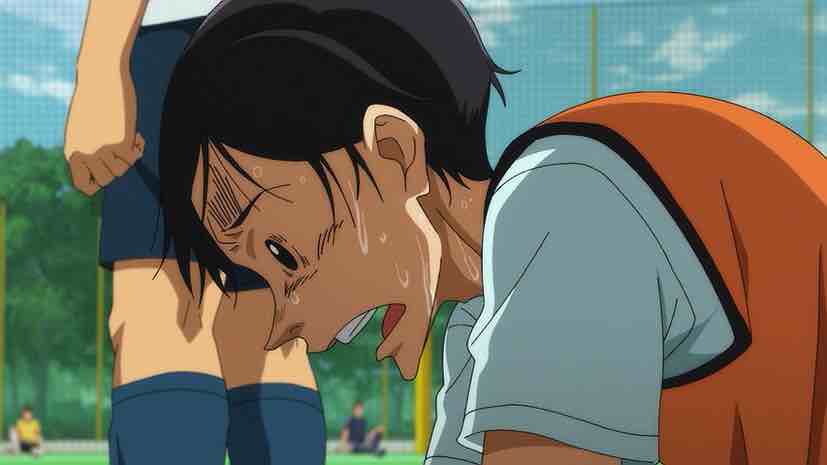 Ao Ashi and Dance Dance Danseur as as different as chalk and cheese, as the Brits say. But they make an interesting pair, airing as they do on the same day. Both are excellent series which focus on the coming of age of a boy in his his early teens (though Ashito is a year older than Junpei, more or less). One boy dreams of playing soccer for a living, the other gave it up to pursue his dream of being a ballet dancer. One could hardly think of more different paths for a middle school boy to choose, but it’s in that difference that they make interesting counterpoints to each other.
Ao Ashi and Dance Dance Danseur as as different as chalk and cheese, as the Brits say. But they make an interesting pair, airing as they do on the same day. Both are excellent series which focus on the coming of age of a boy in his his early teens (though Ashito is a year older than Junpei, more or less). One boy dreams of playing soccer for a living, the other gave it up to pursue his dream of being a ballet dancer. One could hardly think of more different paths for a middle school boy to choose, but it’s in that difference that they make interesting counterpoints to each other.
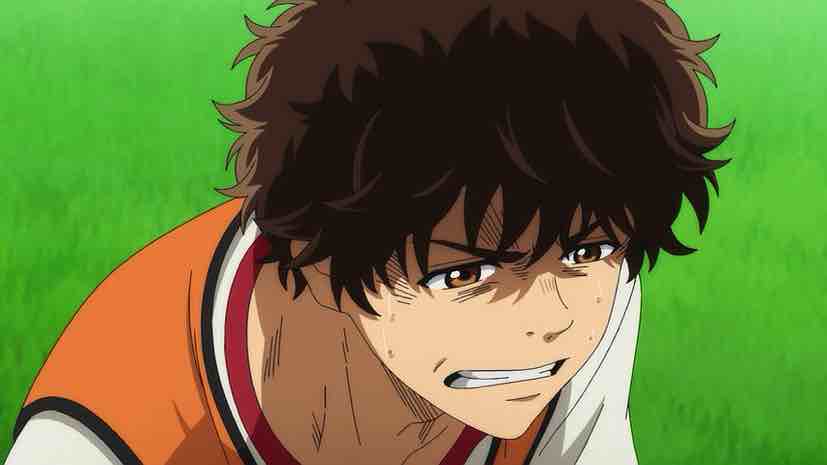 One thing these two manga have in common is that both are seinen that most casual viewers of their adaptations often think are not. The first flush reaction to DDD is usually that it’s a shoujo (the demographic its mangaka is best known for). With AA it’s that it’s a shounen – in some respects an archetypical one. I think demographic labels get too much emphasis, generally speaking. But they are indicators of an author’s intentions, sometimes. And with Ao Ashi specifically I think it’s a foreshadowing that what’s to come is going to veer off in different directions than the first few episodes would lead you to believe.
One thing these two manga have in common is that both are seinen that most casual viewers of their adaptations often think are not. The first flush reaction to DDD is usually that it’s a shoujo (the demographic its mangaka is best known for). With AA it’s that it’s a shounen – in some respects an archetypical one. I think demographic labels get too much emphasis, generally speaking. But they are indicators of an author’s intentions, sometimes. And with Ao Ashi specifically I think it’s a foreshadowing that what’s to come is going to veer off in different directions than the first few episodes would lead you to believe.
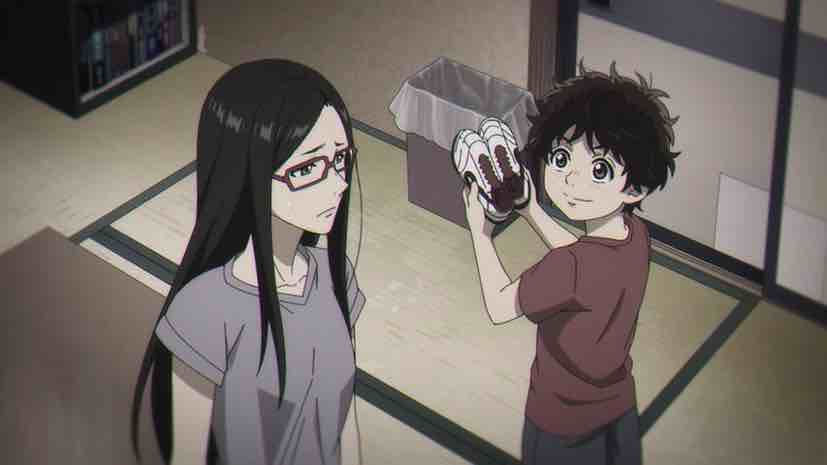 I don’t think anyone would disagree that in some respects soccer is a much easier path for a boy than ballet. How I’d phrase it is that ballet brings in a number of additional complications – and it’s those that the first few eps of Danseur are about. As such Ao Ashi is a more straightforward show than Danseur, as you’d expect – but that’s not a criticism. But for any child choosing the unconventional path – and both sports and the arts are off the beaten track as potential livelihoods – there are more commonalities than differences. Both Ashito and Junpei must give up the conventional pleasures of adolescence. Both have to fight enormous odds to get where they want to go. And since neither is wealthy, they have to face the financial burdens their chosen path may place on their family.
I don’t think anyone would disagree that in some respects soccer is a much easier path for a boy than ballet. How I’d phrase it is that ballet brings in a number of additional complications – and it’s those that the first few eps of Danseur are about. As such Ao Ashi is a more straightforward show than Danseur, as you’d expect – but that’s not a criticism. But for any child choosing the unconventional path – and both sports and the arts are off the beaten track as potential livelihoods – there are more commonalities than differences. Both Ashito and Junpei must give up the conventional pleasures of adolescence. Both have to fight enormous odds to get where they want to go. And since neither is wealthy, they have to face the financial burdens their chosen path may place on their family.
 I chalk up the fact that both boys have single mothers to “because manga” – it’s pretty much normal. But for Ashito this is very much on his mind as his teammates buckle under the weight of Fukuda-san’s announcement. He didn’t even tell his mother that he was coming to the Esperion tryout but she’s sacrificed plenty for him already (including the cleats Akutsu mocked – which I’m surprised still fit). And Shun gave Ashito a considerable amount of money to make this trip possible – certainly very considerable to him.
I chalk up the fact that both boys have single mothers to “because manga” – it’s pretty much normal. But for Ashito this is very much on his mind as his teammates buckle under the weight of Fukuda-san’s announcement. He didn’t even tell his mother that he was coming to the Esperion tryout but she’s sacrificed plenty for him already (including the cleats Akutsu mocked – which I’m surprised still fit). And Shun gave Ashito a considerable amount of money to make this trip possible – certainly very considerable to him.
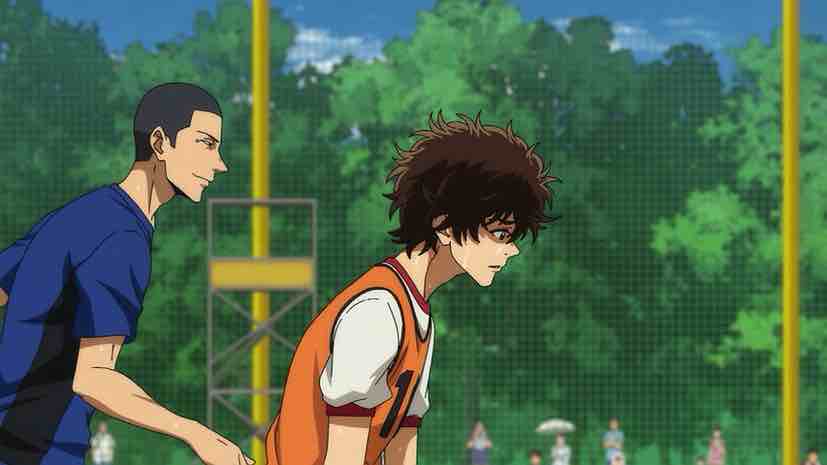 You can debate the wisdom of it, but Fukuda’s methodology is pretty clear – heap as much adversity on the candidates and see who caves. It’s pretty clear who the survivors are going to be here – even wounded by Akutsu’s dirty play Ashito has no quit in him. Neither does Ootomo, who has “grinder” written all over him. And Tachibana is the closest thing to an elite among this group, with the clearest idea of what’s at stake. The only one whose fate I’m even remotely unsure of is this kid (whose name I’ve forgotten TBH), who’s visibly cracking but does manage to start the counterattack that leads to the episode’s climax.
You can debate the wisdom of it, but Fukuda’s methodology is pretty clear – heap as much adversity on the candidates and see who caves. It’s pretty clear who the survivors are going to be here – even wounded by Akutsu’s dirty play Ashito has no quit in him. Neither does Ootomo, who has “grinder” written all over him. And Tachibana is the closest thing to an elite among this group, with the clearest idea of what’s at stake. The only one whose fate I’m even remotely unsure of is this kid (whose name I’ve forgotten TBH), who’s visibly cracking but does manage to start the counterattack that leads to the episode’s climax.
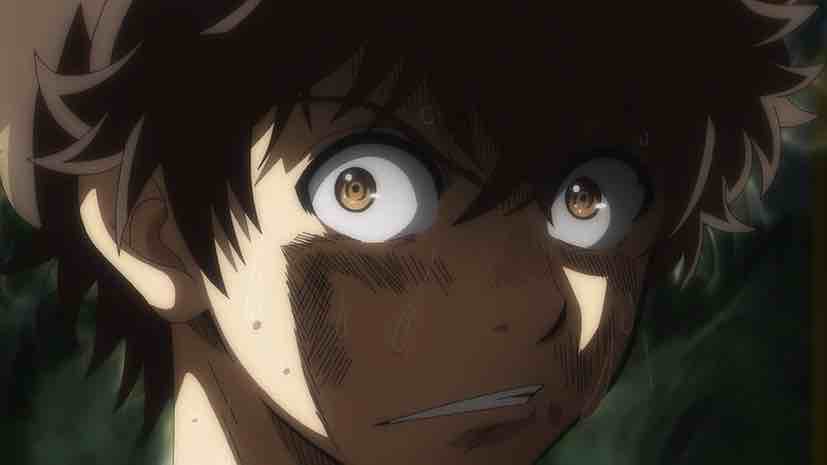 What Ashito has in addition to grit, more so than technique, is vision and sharp instincts. He can “read” the game in the way playmakers and defensive midfielders need to, and this is what makes the break that leads to his goal (the technique on that volley was plenty good, to be fair) possible. I don’t think that number he wears here is a coincidence – that skill set looks tailor made for a #10. It was touch and go for a while, but he obviously makes the impression he needs to make. Still, there’s a final interview – and the gist of this is clearly to see if he has any intellectual understanding of tactics (he does).
What Ashito has in addition to grit, more so than technique, is vision and sharp instincts. He can “read” the game in the way playmakers and defensive midfielders need to, and this is what makes the break that leads to his goal (the technique on that volley was plenty good, to be fair) possible. I don’t think that number he wears here is a coincidence – that skill set looks tailor made for a #10. It was touch and go for a while, but he obviously makes the impression he needs to make. Still, there’s a final interview – and the gist of this is clearly to see if he has any intellectual understanding of tactics (he does).
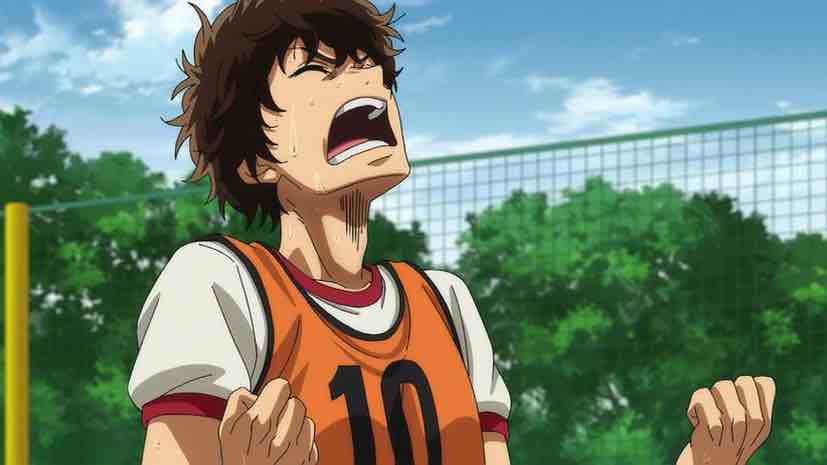 Hana’s support is obvious (that meal schedule was as good as a confession), but I think both siblings were always on Ashito’s side. But passing the tryouts, difficult as it was, is only part of the problem. Ashito is 15, his family isn’t wealthy, and Ehime is a long way from Tokyo. Picking up and moving to Tokyo is anything but straightforward. There’s the expense involved – he has to live – but the emotional cost as well. There’s no manufactured family drama here – Ashito, Shun, and Noriko get along fine. Ashito loves his mother and is very young to be leaving her, and she’s dismayed at the idea of her little boy leaving home (especially to a place like Tokyo). These are real-world challenges families in the Aoi’s position have to deal with, and it’s nice to see a sports anime confront them head-on.
Hana’s support is obvious (that meal schedule was as good as a confession), but I think both siblings were always on Ashito’s side. But passing the tryouts, difficult as it was, is only part of the problem. Ashito is 15, his family isn’t wealthy, and Ehime is a long way from Tokyo. Picking up and moving to Tokyo is anything but straightforward. There’s the expense involved – he has to live – but the emotional cost as well. There’s no manufactured family drama here – Ashito, Shun, and Noriko get along fine. Ashito loves his mother and is very young to be leaving her, and she’s dismayed at the idea of her little boy leaving home (especially to a place like Tokyo). These are real-world challenges families in the Aoi’s position have to deal with, and it’s nice to see a sports anime confront them head-on.


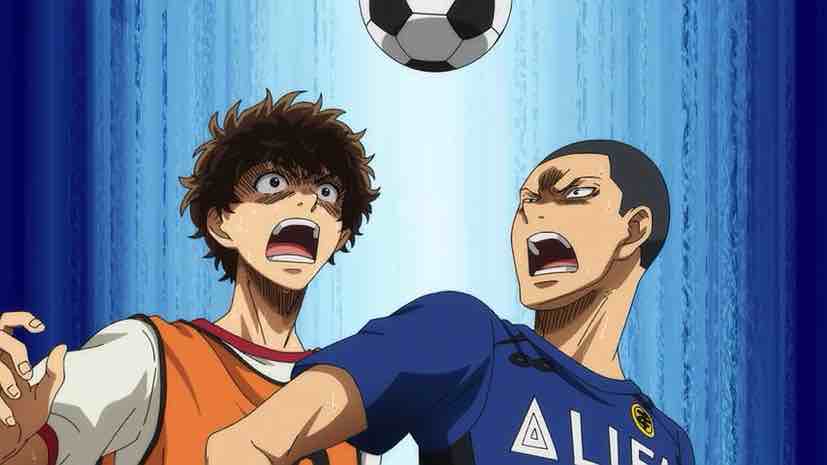
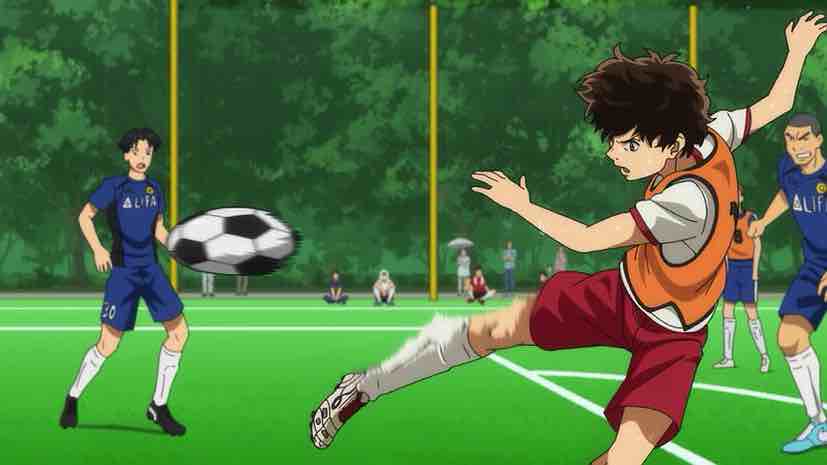
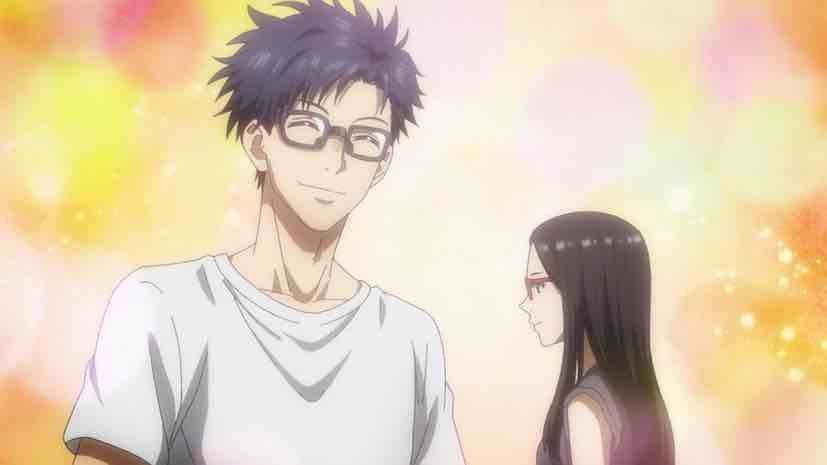
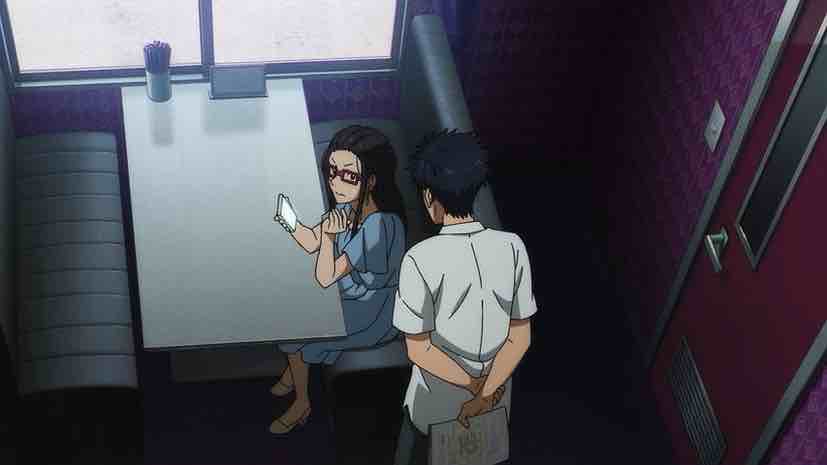
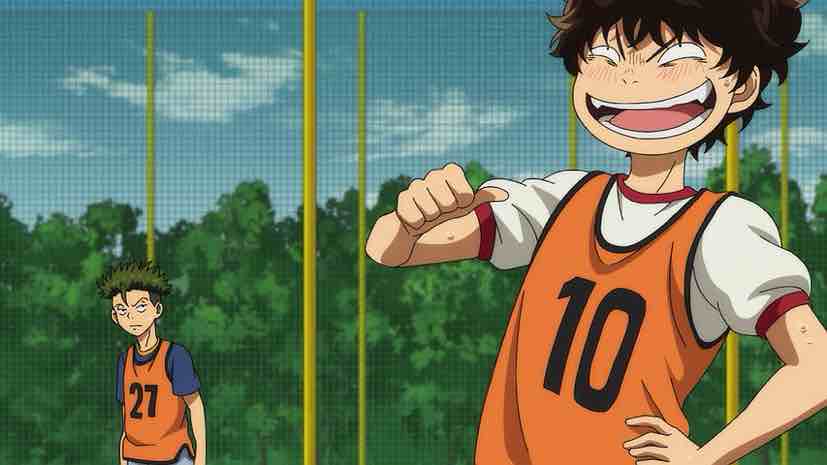
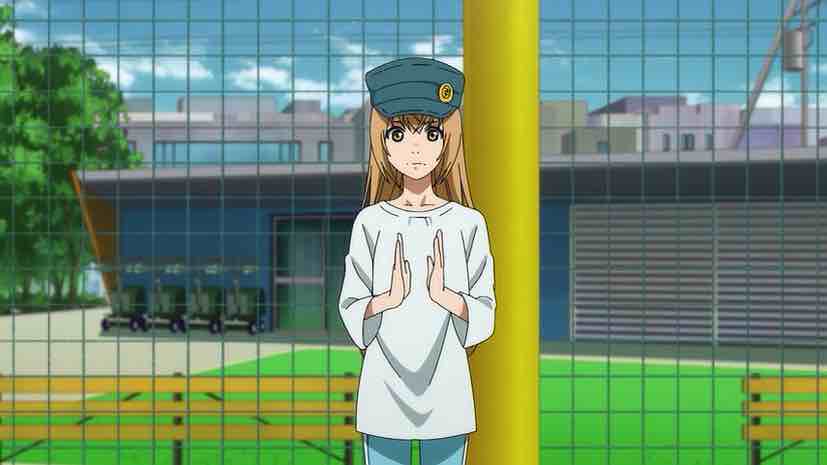
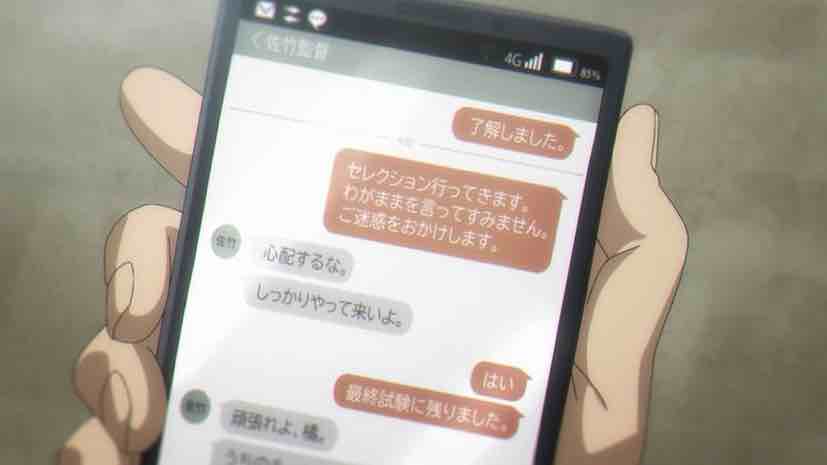

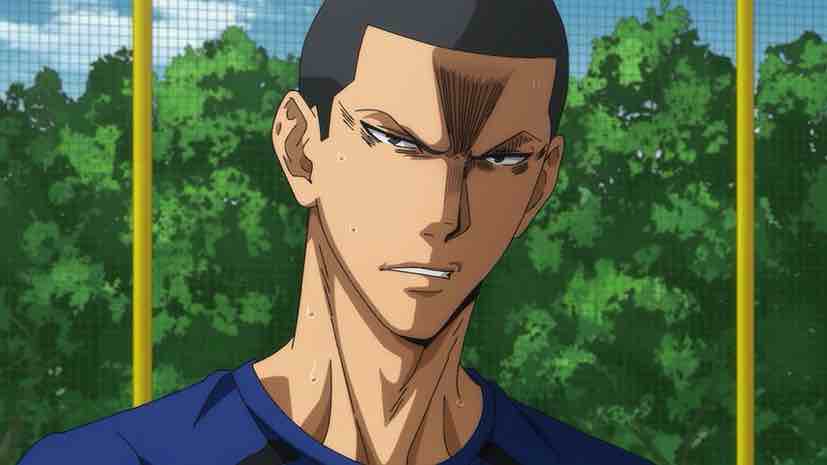
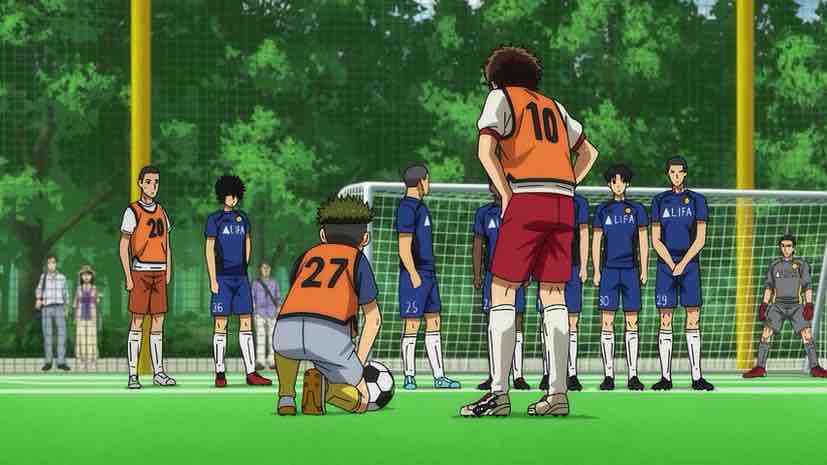

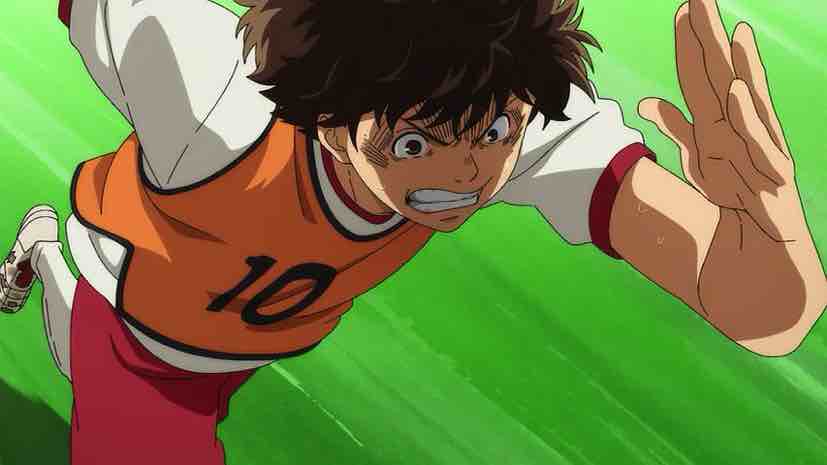
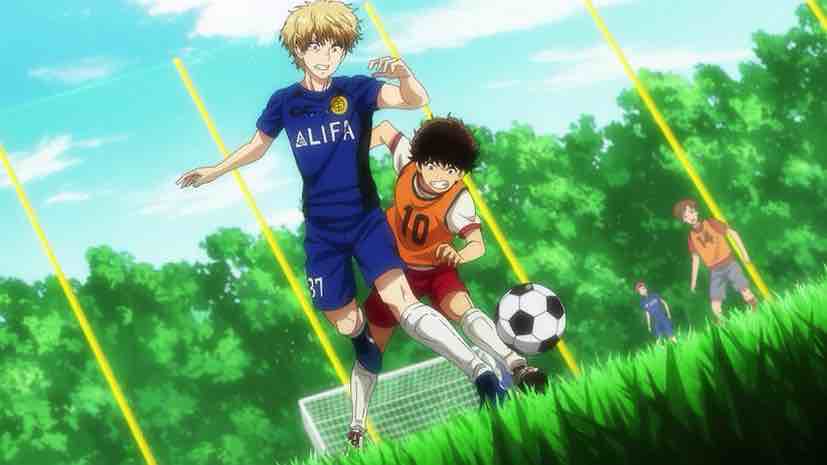
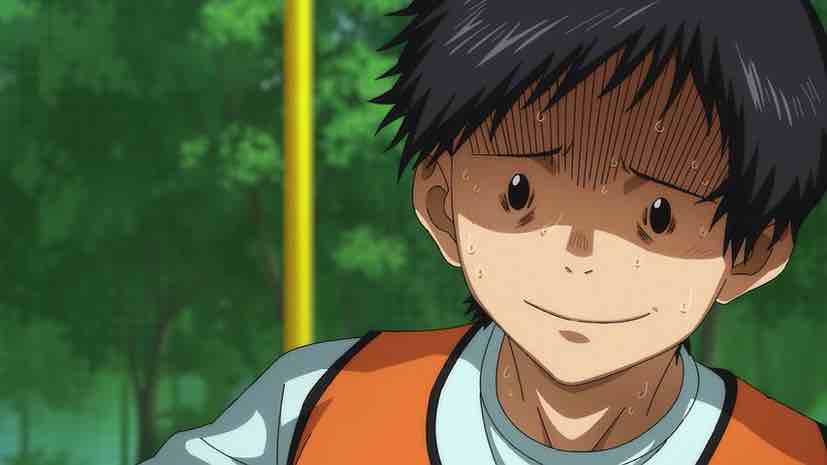
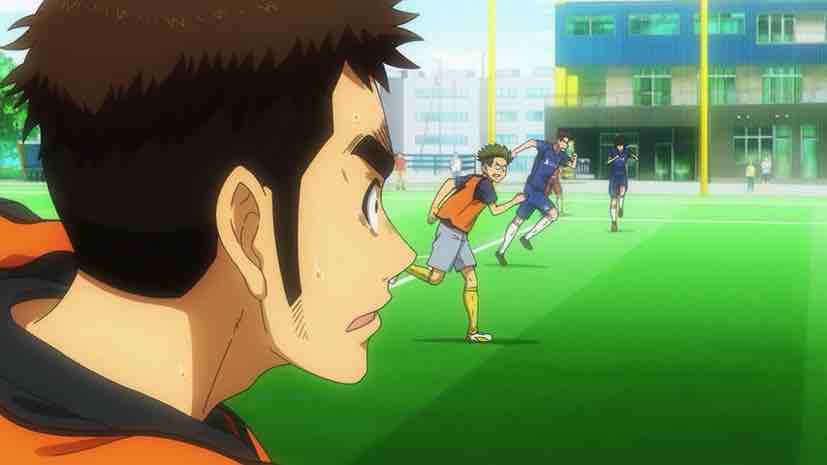
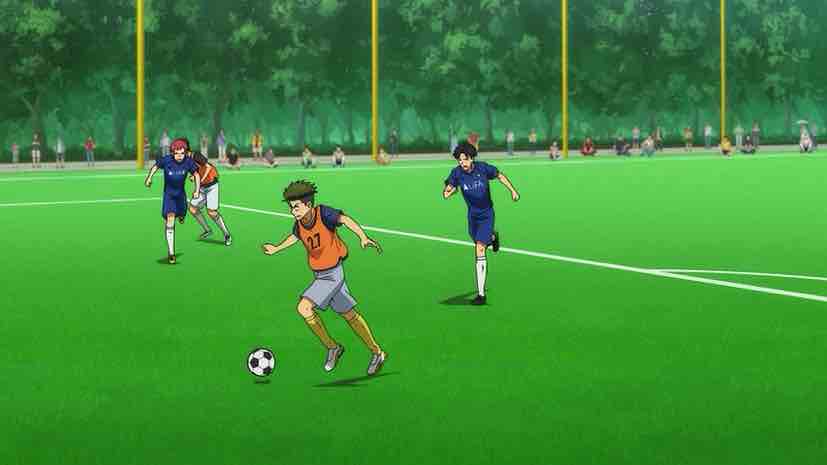
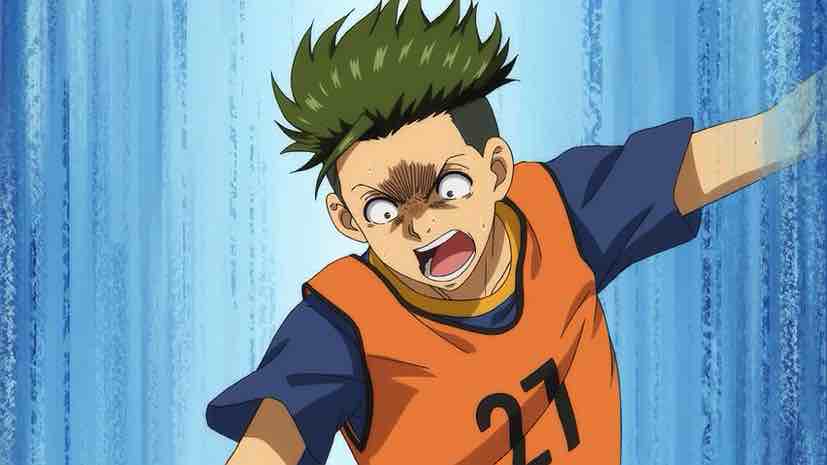
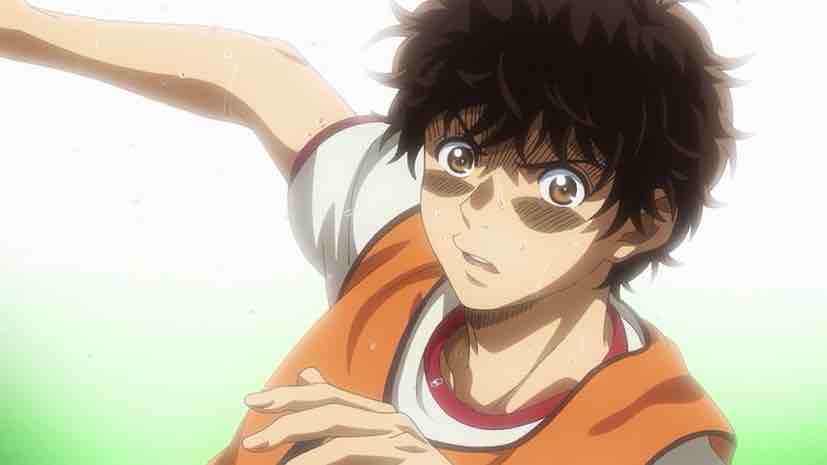
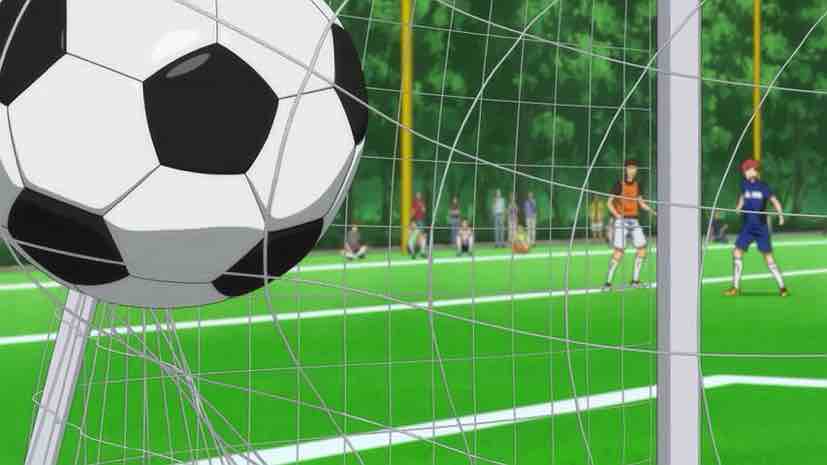
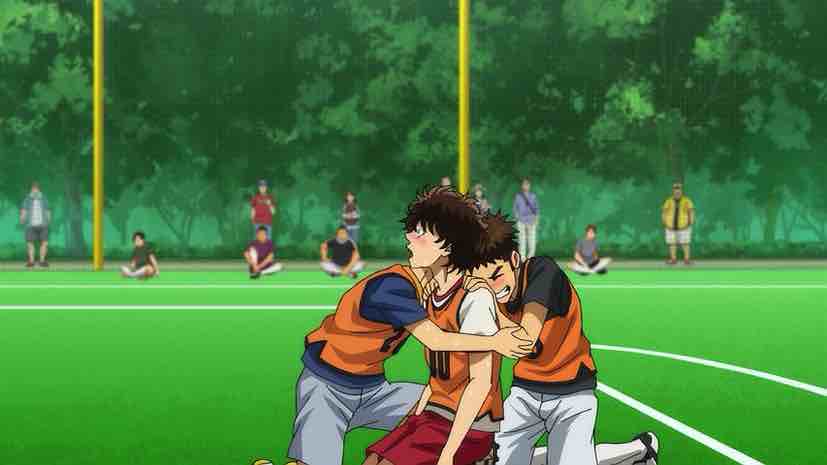
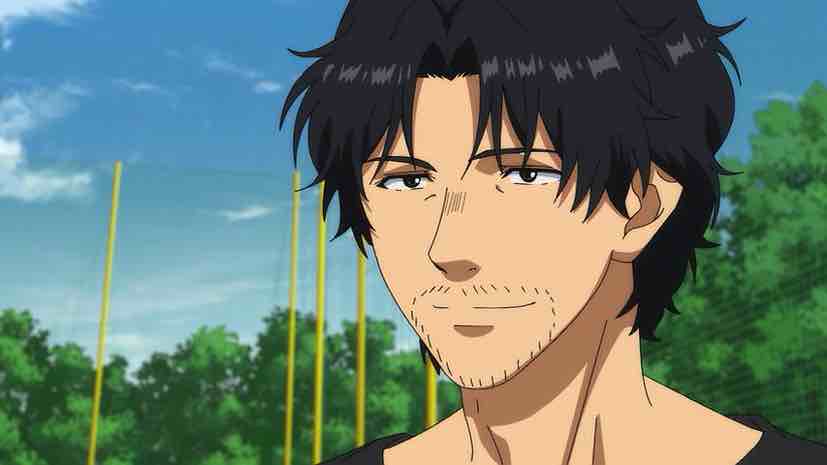
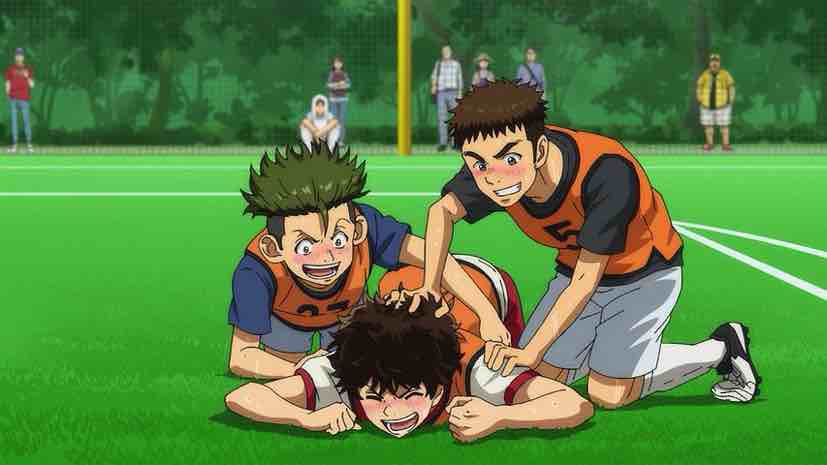
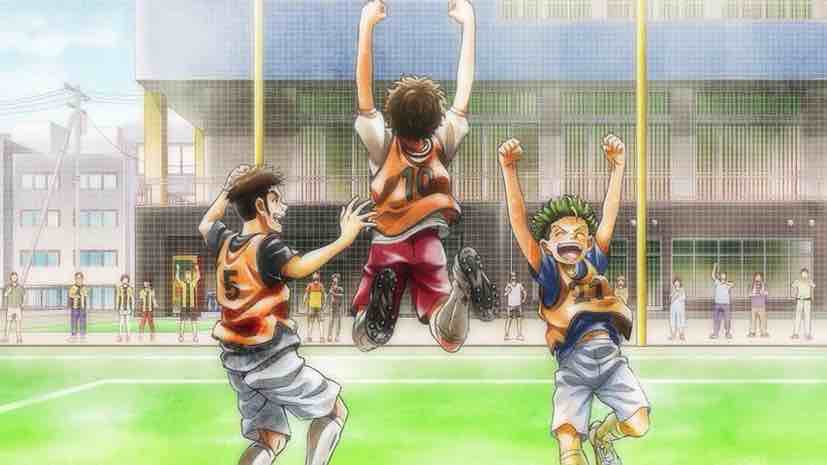
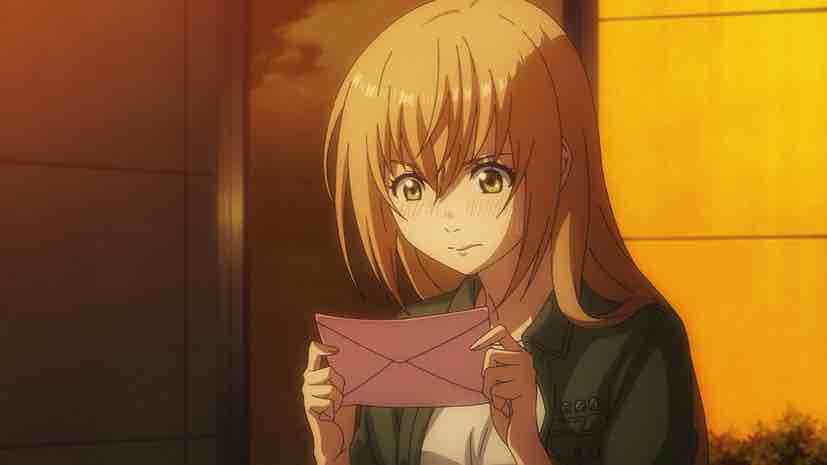
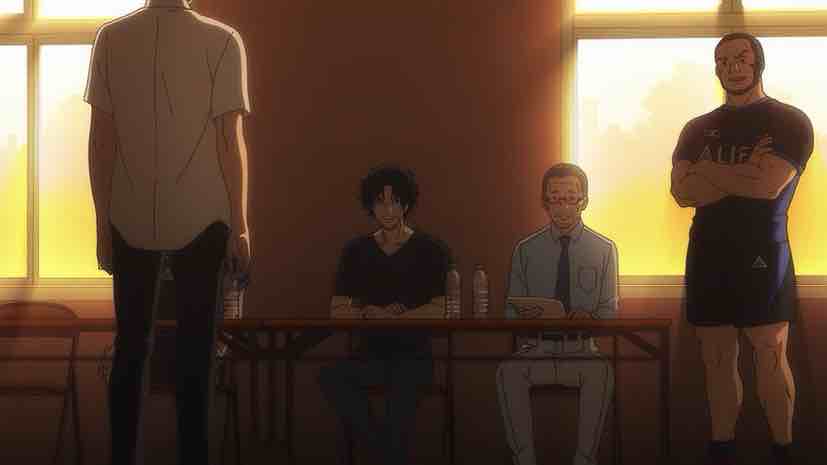

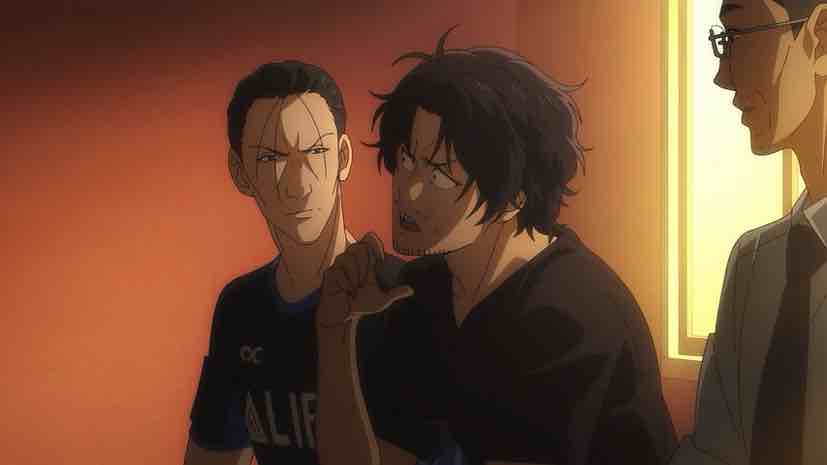
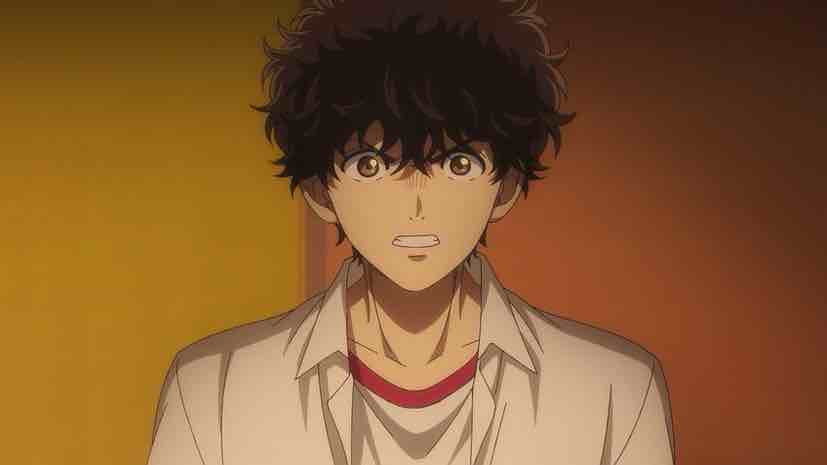
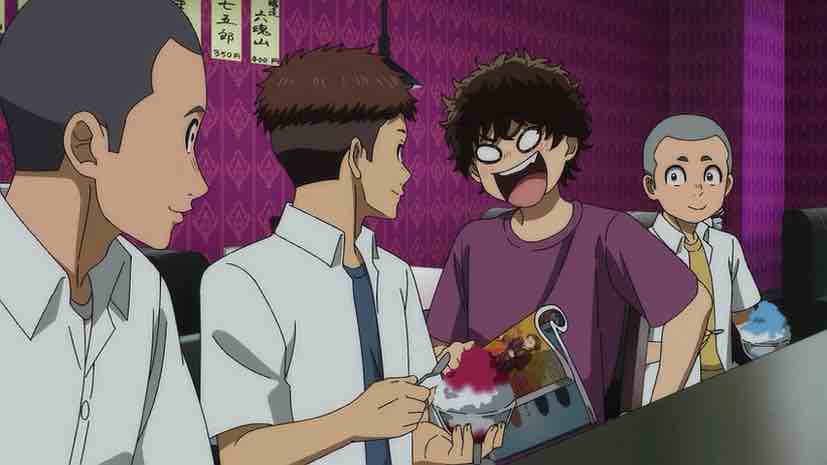
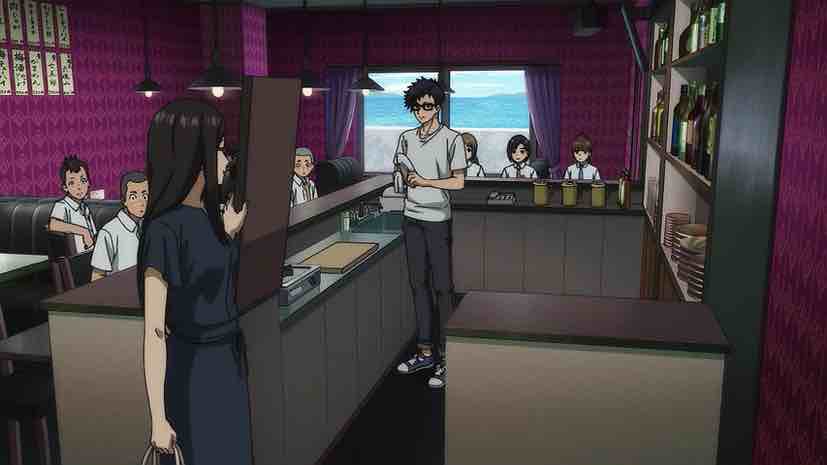
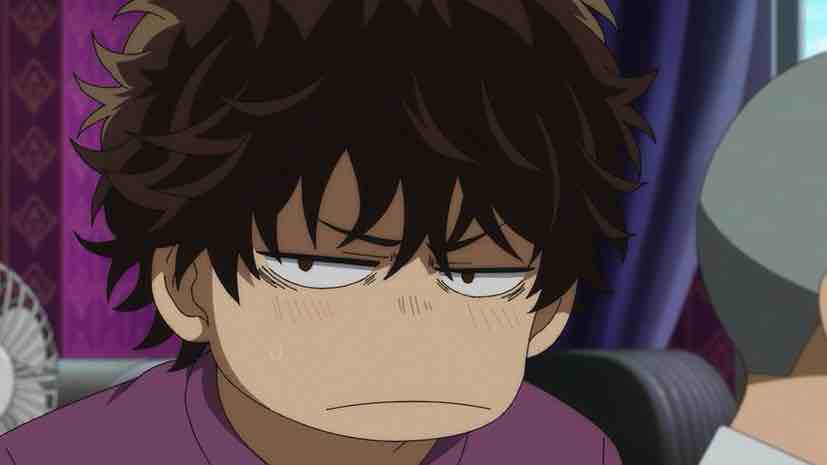
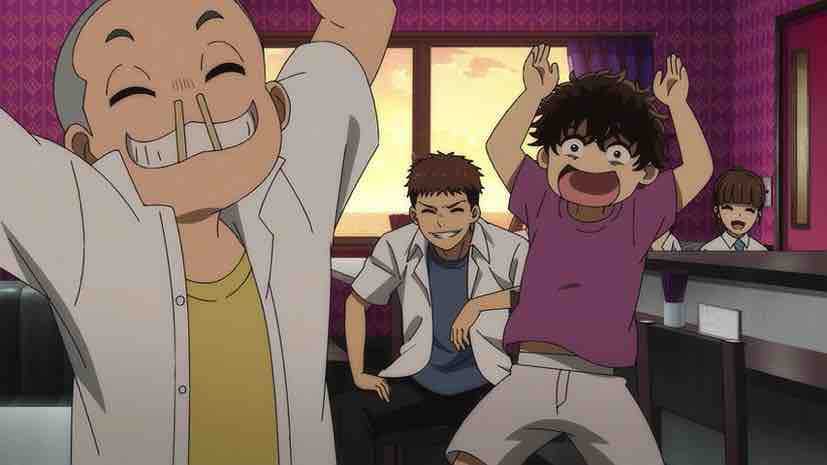
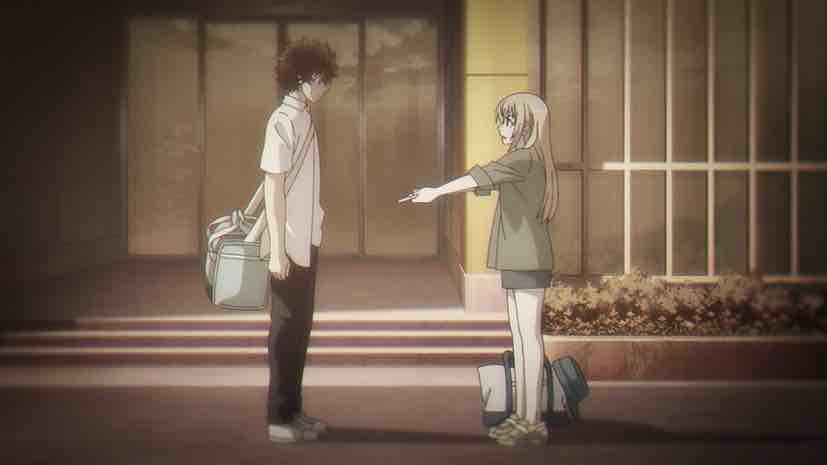

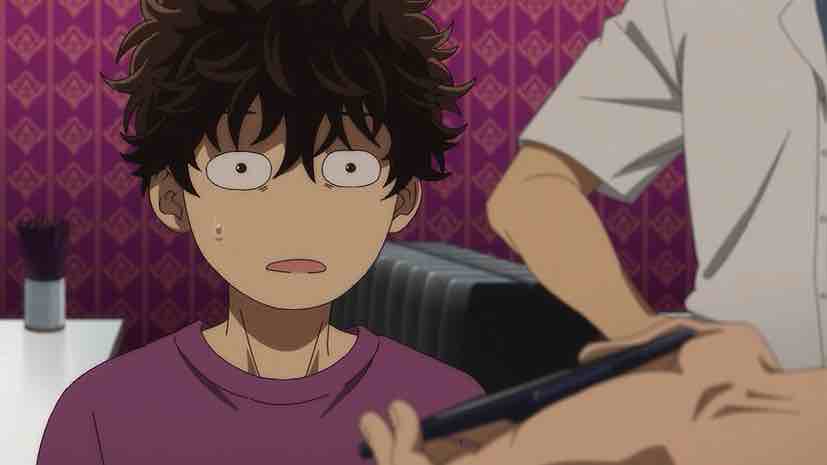
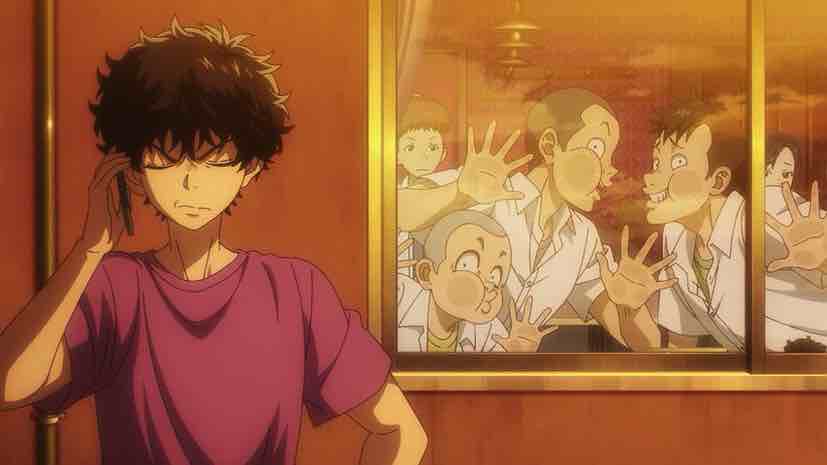
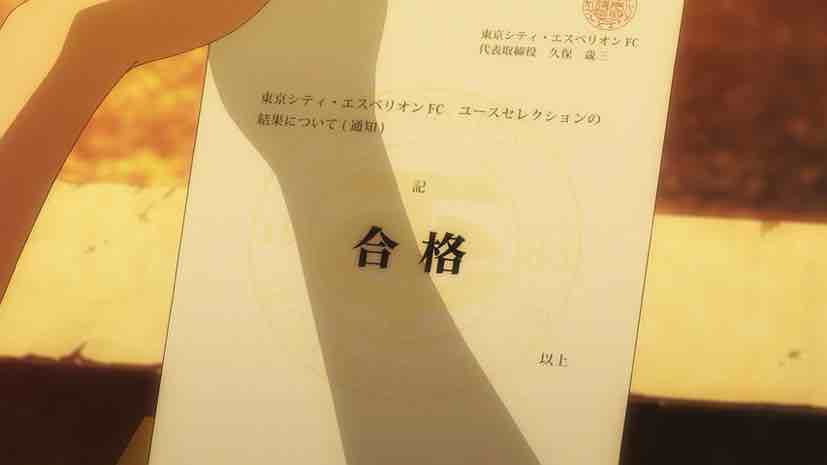
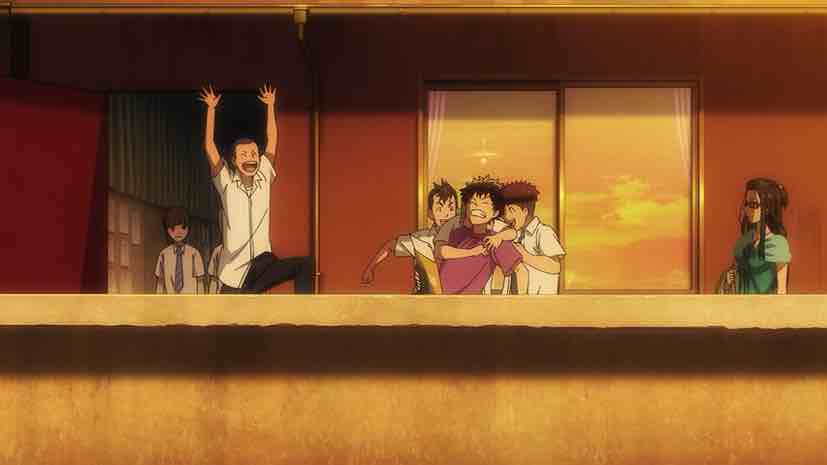
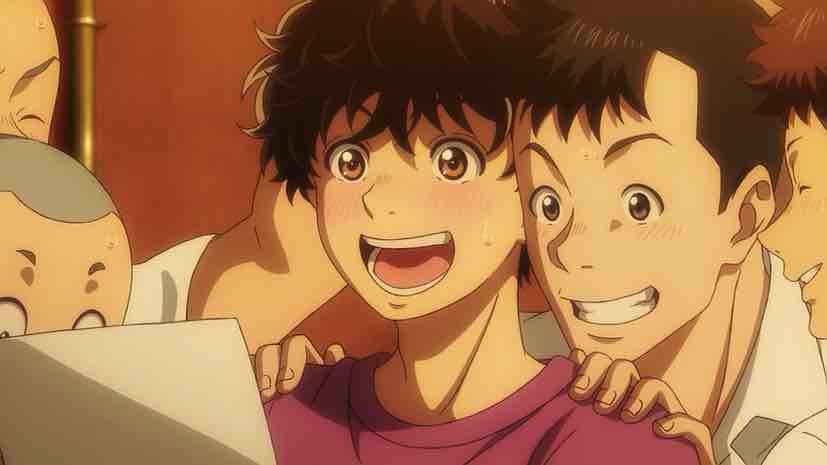
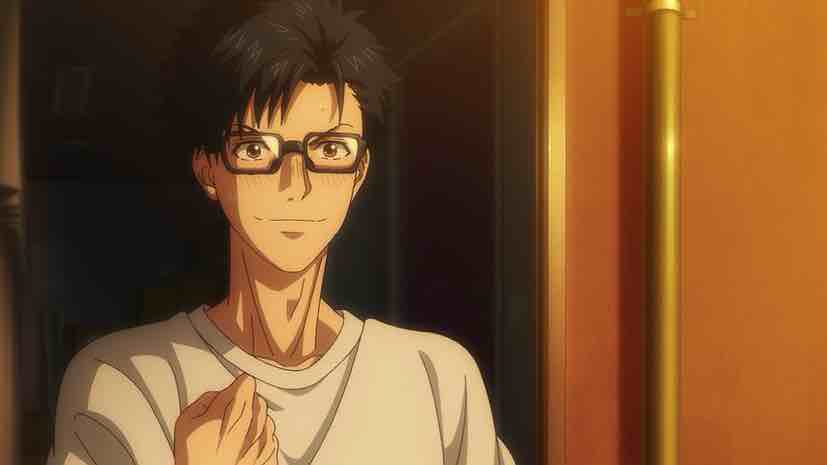
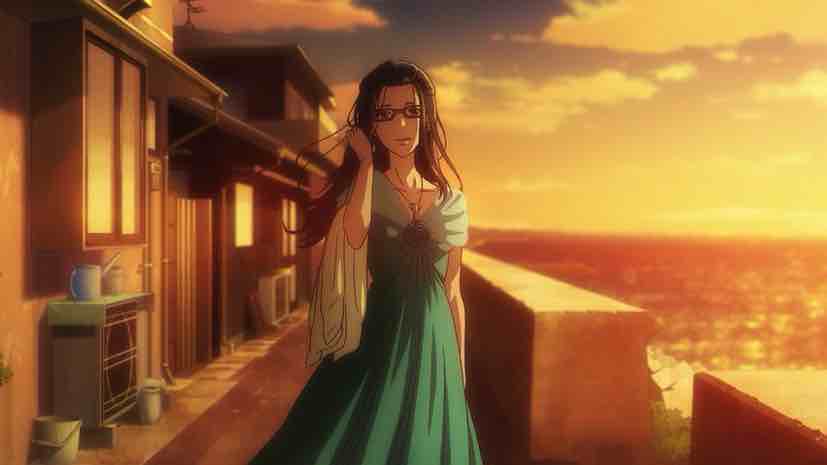

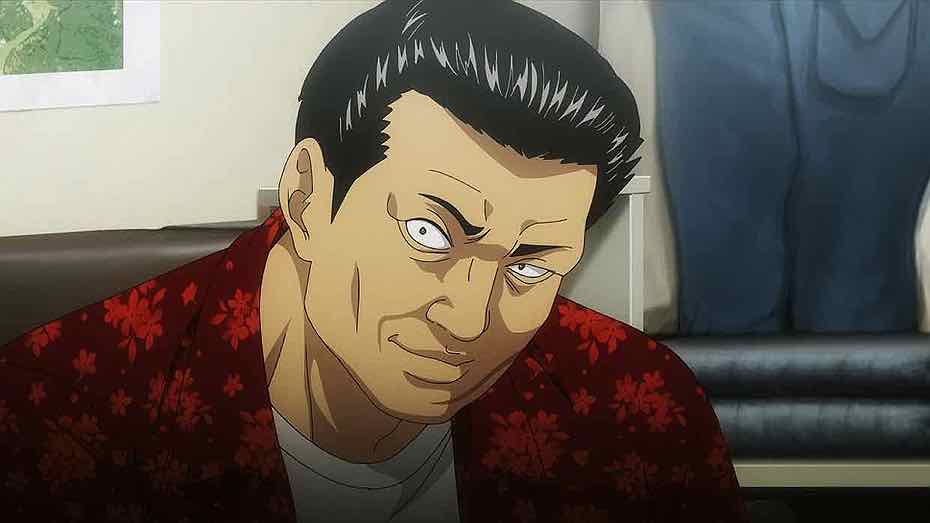
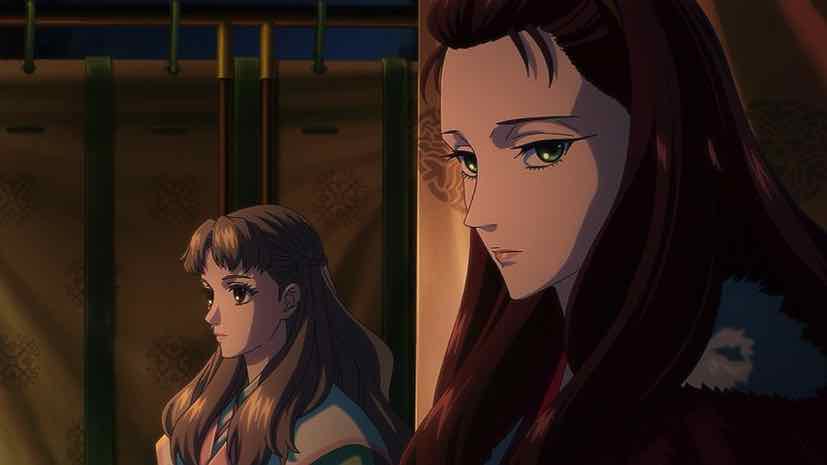
Derrick
May 1, 2022 at 5:31 amthose kind of challenges aren’t discussed thoroughly in shounenish manga.
This one will be interesting
Guardian Enzo
May 1, 2022 at 9:30 amThat’s why the seinen tag sort of matters in this case.
Spoon
May 2, 2022 at 6:54 amI teach at a boarding high school, and though it’s not the same, I see similarities – a 14 year old, traveling a great distance to live in another state or country where they don’t know anybody – and many are poor on a scholarship – which means little to no visits, and money needed for food and living expenses. Even if tuition is paid.
It can be tough on the kid and their family, no matter how excited they are. I’ve spoken with many parents, having said goodbye to their kids, crying but happy in the parking lot of the dorm.
I’m glad to see a similar thing shown here, and am looking forward to how it will be shown. Usually the family is forgotten about, except for cheering at major wins.
Seinan indeed.
Guardian Enzo
May 2, 2022 at 7:03 amSeinen, indeed!
In a sense, Ao Ashi is written as much for the dad or mom as for the player.
Color2413
May 3, 2022 at 1:28 pmI’m loving both Ao Ashi and DDD, although I think that DDD’s painful third ep puts it ahead so far. That said, I didn’t think that DDD was shoujo because of the show’s emphatic confirmation of Junpei’s heterosexuality, something that I would expect a shoujo mangaka to leave more ambiguous. (I was surprised to find that DDD’s mangaka is male: George Asakura.) That left either shonen or seinen. Junpei is young to be a seinen protagonist, but the show definitely moves outside what would be considered the shonen comfort zone.
Guardian Enzo
May 3, 2022 at 1:44 pmShe’s female, actually – she took her pen name from a Gatchaman character, LOL.
I rank DDD as the best of the season so far, don’t get me wrong. But Ao Ashi is also seriously underrated.
Color2413
May 6, 2022 at 4:49 amI should have known better than to assume George’s gender based on her name. At least she has a spiritual ancestor in 19th-century (female) novelist George Eliot!